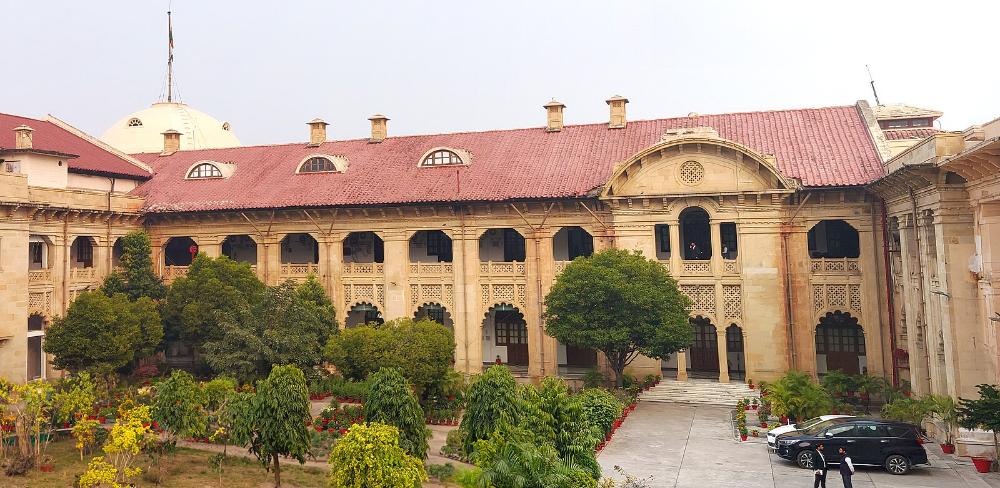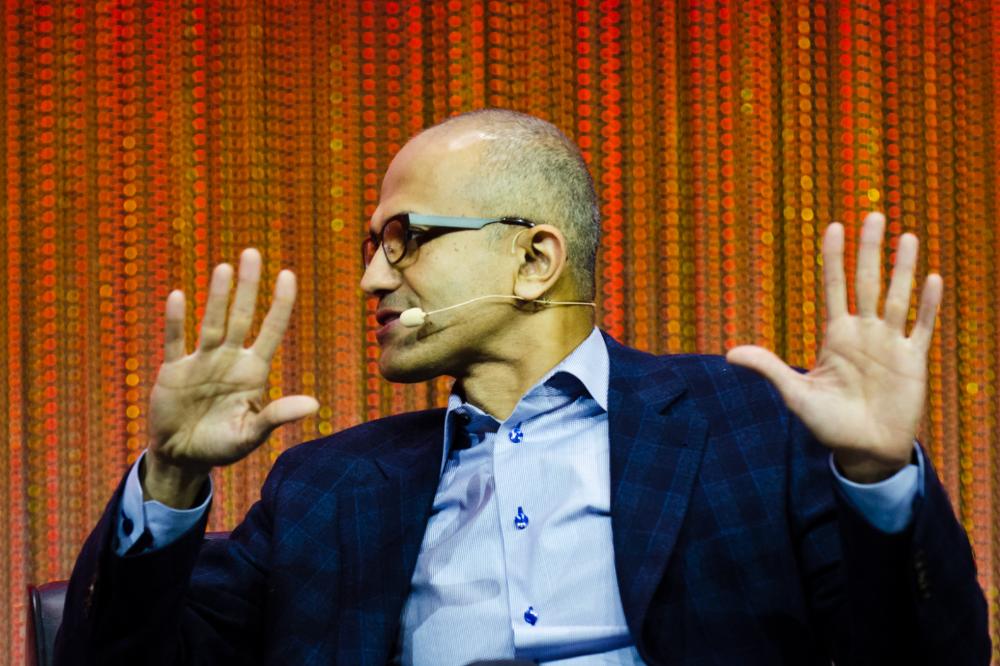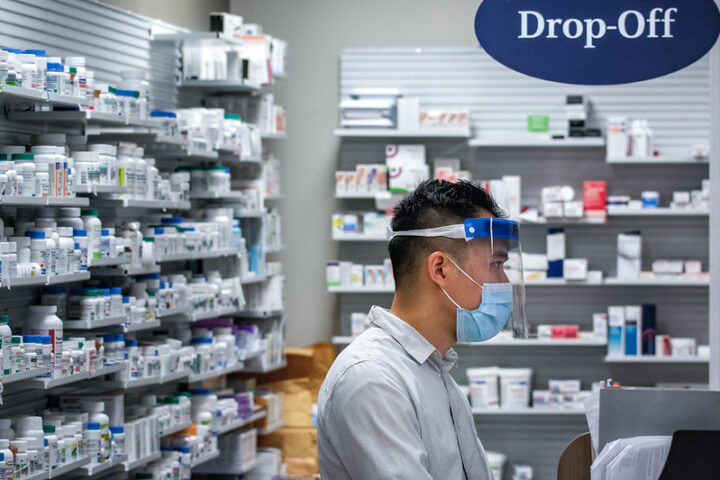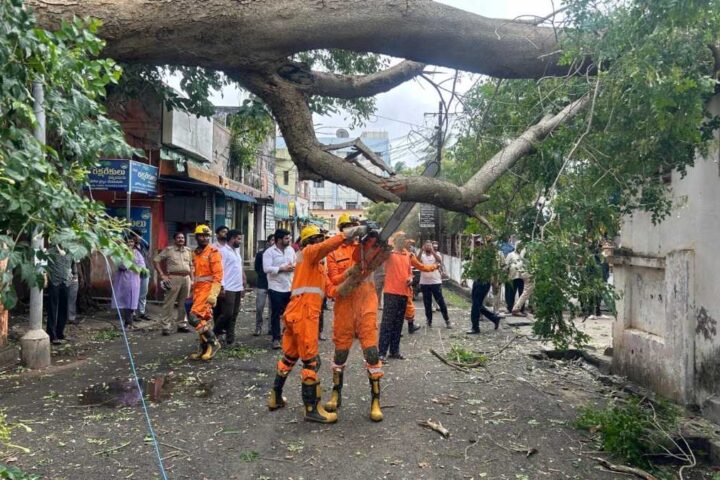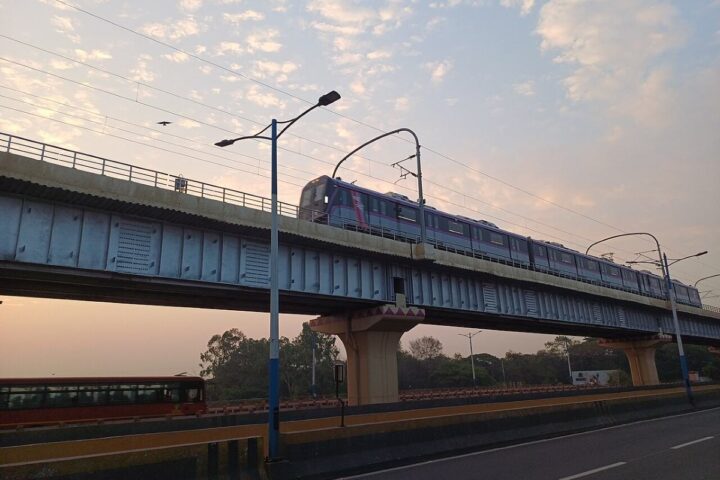In a judgment about the financial burden on patients seeking emergency care, the Allahabad High Court has refused to quash criminal proceedings against a doctor accused of medical negligence, while making an observation about the commercialization of healthcare.
Court Refuses to Quash FIR in 18-Year-Old Case
The Allahabad High Court has dismissed a petition filed by Dr. Ashok Kumar Rai seeking to quash criminal proceedings against him in a case dating back to 2007. The case involves allegations of negligence during a caesarean section that resulted in fetal death.
According to court records, the patient’s family gave consent for surgery around 11 AM, but the procedure was delayed until around 5-5:30 PM. The post-mortem report indicated that the fetus died due to prolonged labor. The family filed an FIR alleging criminal negligence under Sections 304A (causing death by negligence), 315 (act done with intent to prevent child being born alive), 323 (punishment for voluntarily causing hurt), and 506 (criminal intimidation) of the Indian Penal Code.
“Patients Treated Like ATM Machines”
The court made an observation about the commercialization of healthcare in its judgment: “Private nursing homes/hospitals have started treating the patients as guinea pig/ATM machines only to extort money out of them.”
This comment came after reviewing allegations that Dr. Rai had charged ₹8,700 initially and later demanded an additional ₹10,000 before discharge. The FIR also contained allegations that staff members physically assaulted family members who objected to these demands.
Medical Board’s Opinion Discounted
A key aspect of the court’s decision was its refusal to rely on the Medical Board’s opinion that had exonerated the doctor. The court noted that critical evidence, including the post-mortem report and operation theater notes, had not been placed before the Medical Board during its inquiry.
The court observed that it cannot rely upon the opinion of the Medical Board when crucial documents like the post-mortem report and OT note were not before it.
Legal Framework for Medical Negligence
The court’s decision draws on established Supreme Court precedents regarding medical negligence. The judgment references two landmark cases:
- Dr. Suresh Gupta v. NCT Delhi (2004): This established that criminal negligence only applies when conduct “deviates grossly from reasonable care.”
- Jacob Mathew v. Punjab (2005): This distinguished between civil and criminal negligence, setting the threshold for criminal liability at “gross” or “reckless” negligence.
Despite these high thresholds for criminal prosecution of medical professionals, the court found sufficient grounds for the trial to proceed against Dr. Rai.
Similar Posts
UP’s Maternal Health Crisis Context
The case occurs in the context of broader issues in Uttar Pradesh’s healthcare system. The state has a maternal mortality rate of 167 per 100,000 live births (2018-20), significantly higher than the national average of 97 per 100,000, according to government data.
This difference exists in a state where timely cesarean sections are crucial yet access to specialized care remains challenging. UP operates 4,442 government hospitals with just 39,104 beds serving a population of approximately 240 million people as of 2019, according to the National Health Profile.
Consumer Forum Backlogs
While the criminal case moves forward, a parallel consumer complaint filed by the family has been pending for 18 years. This situation is part of a nationwide problem with consumer forums, which face a backlog of about 545,000 cases across India as of September 2023.
The slow pace of consumer justice often pushes families to pursue criminal charges, which may proceed more quickly but require meeting higher standards of proof.
Healthcare Infrastructure Challenges
The case is connected to infrastructure gaps in UP’s healthcare system. The shortage of anesthesiologists in rural areas like Deoria district is part of a statewide problem, with approximately 80-81% of specialist posts vacant in UP’s Community Health Centers, contributing to delays in emergency surgeries.
To address some access issues, UP has implemented a 102 ambulance service that operates approximately 2,270 ambulances, handling emergency medical transportation across the state. However, this transportation system cannot solve the specialist shortage at destination facilities.
Pattern of Judicial Concern

This is not the first time the Allahabad High Court has expressed concern about healthcare commercialization. In May 2025, a different bench described “private medical mafias” as crippling SRN Hospital in Prayagraj, showing a pattern of judicial skepticism toward profit-driven healthcare facilities.
Summary
The Allahabad High Court’s refusal to quash criminal proceedings against Dr. Ashok Kumar Rai relates to several systemic issues: delays in emergency surgery, financial demands on vulnerable patients, and gaps in expert medical reviews. The case will now proceed to trial, while a parallel consumer complaint remains pending after 18 years. The ruling comes at a time of high maternal mortality rates and healthcare infrastructure challenges in Uttar Pradesh.
